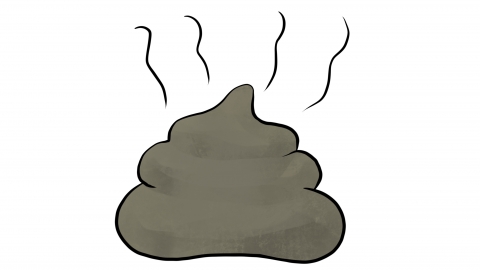What diseases can be detected through a routine stool examination?
Under normal circumstances, routine stool tests can detect conditions such as indigestion, colitis, bacterial dysentery, gastrointestinal bleeding, and obstructive jaundice. If abnormalities are found, timely medical consultation is recommended for further examination and treatment. Detailed analysis is as follows:

1. Indigestion
Abnormalities in stool consistency, color, and odor, such as fatty diarrhea or tarry stools, may indicate malabsorption of fat, insufficient bile secretion, and other issues.
2. Colitis
Routine stool tests may show mucus; if bleeding is present, red blood cells may be detected. In cases of ulcerative colitis, an increased number of white blood cells may also be present, and fecal occult blood tests are often positive.
3. Bacterial Dysentery
Caused by Shigella species, stool examinations may reveal pus and blood in the stool. Microscopic examination may show numerous white blood cells, red blood cells, and phagocytes. Culturing can detect Shigella bacteria.
4. Gastrointestinal Bleeding
A positive fecal occult blood test during routine stool analysis can detect gastrointestinal bleeding. However, false positives may occur if the patient has consumed animal blood products or organs.
5. Obstructive Jaundice
Due to blocked bile excretion, bilirubin cannot be excreted normally into the intestines, resulting in grayish-white, clay-colored stools. This indicates that biliary obstruction has affected bilirubin metabolism within the intestines.
It is recommended to maintain good lifestyle habits, regular meals, balanced diets, and attention to food hygiene to help maintain gastrointestinal health.




